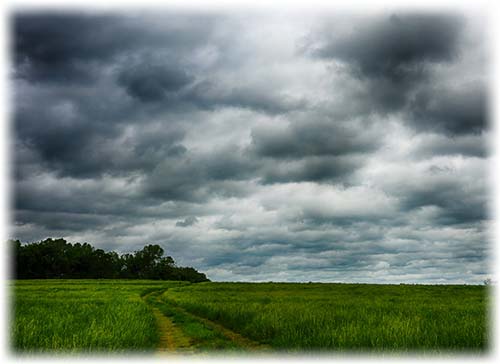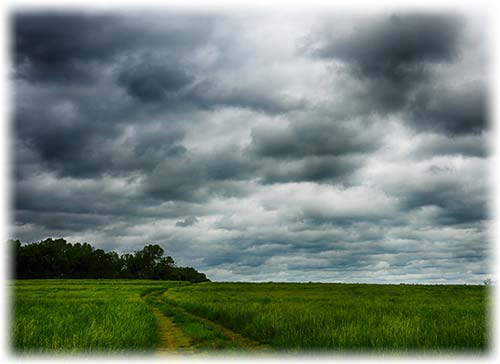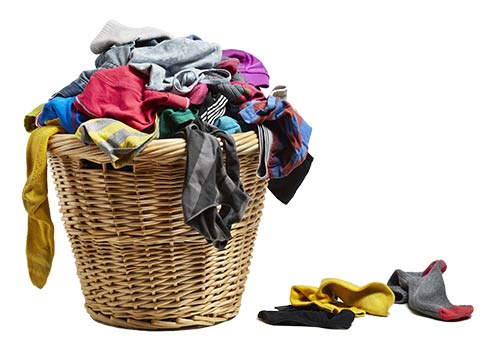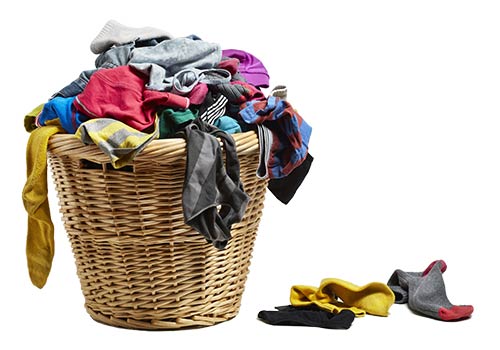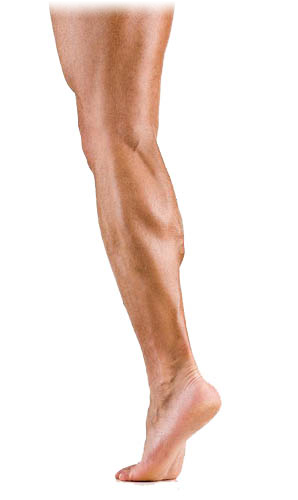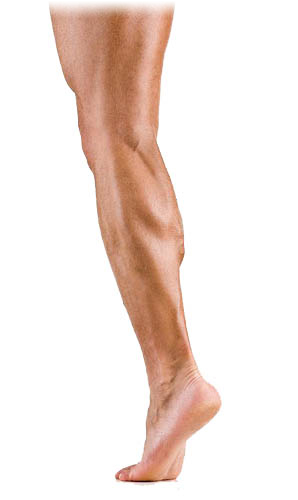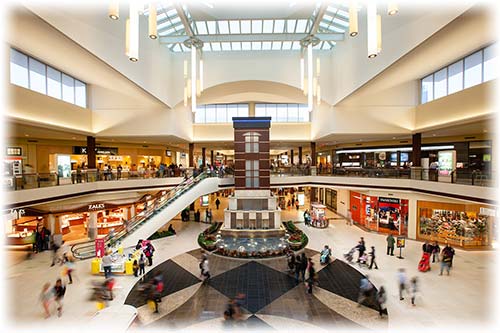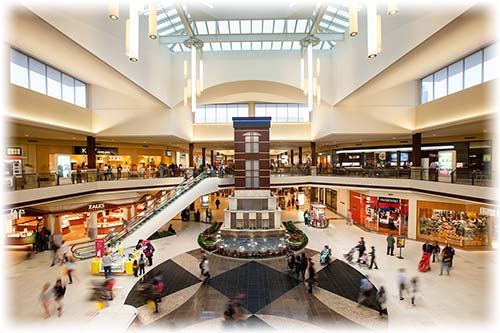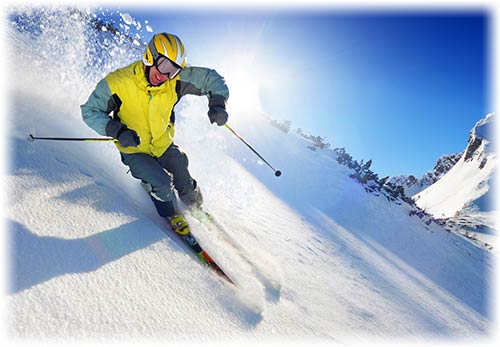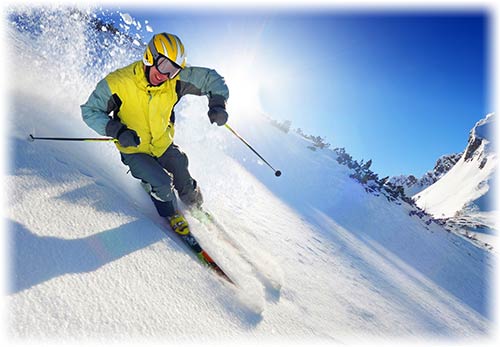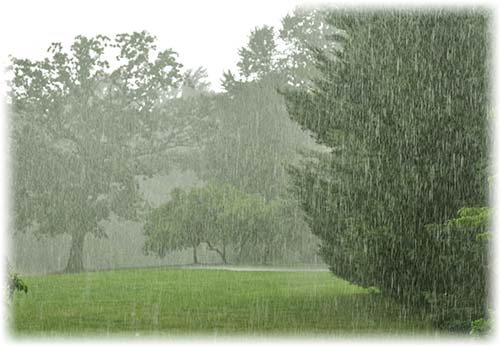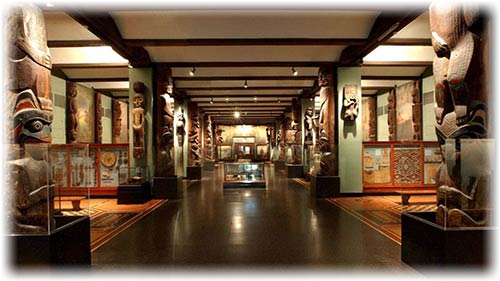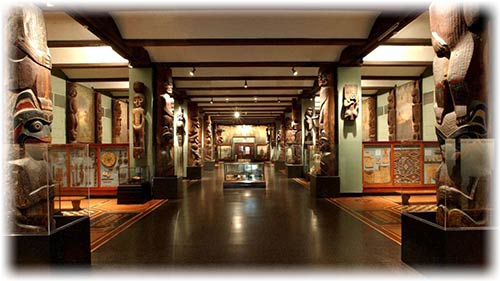water
A clear liquid, without colour or taste, that falls from the sky as rain and is necessary for animal and plant life
آب
A glass of water
یک لیوان آب
A clear liquid, without colour or taste, that falls from the sky as rain and is necessary for animal and plant life
آب
A glass of water
یک لیوان آب
Oxford Essential Dictionary
noun (no plural)
the liquid that is in rivers, lakes and seas:
I'd like a glass of water.
After the heavy rain a lot of the fields were under water.
Longman Dictionary of Contemporary English
water
I. wa‧ter1 S1 W1 /ˈwɔːtə $ ˈwɒːtər, ˈwɑː-/ BrE AmE noun [uncountable]
[Word Family: adjective: ↑underwater, water, ↑waterless; noun: ↑water, waters; verb: ↑water; adverb: ↑underwater]
[Language: Old English; Origin: wæter]
1. LIQUID the clear liquid without colour, smell, or taste that falls as rain and that is used for drinking, washing etc:
There’s water all over the bathroom floor.
Does anyone want a drink of water?
a glass of sparkling mineral water
All rooms have hot and cold running water.
Pour boiling water over the rice and let it soak.
a fresh water spring
When dealing with a burst pipe, always turn off the water first.
contamination of the local water supply
2. AREA OF WATER
a) an area of water such as the sea, a lake etc
shallow/deep water
Rangoon is surrounded on three sides by water.
Denzil dived into the water.
He stepped down to the water’s edge.
by water (=by boat)
The temple can only be reached by water.
b) the surface of a lake, river etc ⇨ underwater
on the water
something floating on the water
3. waters [plural] a large area of water, especially an ocean that is near or belongs to a particular country:
the coastal waters of Alaska
Korean/Mexican/Pacific etc waters
The ship drifted into Turkish territorial waters.
a species found in inland waters (=not the sea, but rivers, lakes etc)
4. high/low water the highest or lowest level of the sea and some rivers SYN tide
5. uncharted/troubled/murky waters formal a situation that is difficult, dangerous, or unfamiliar:
the uncharted waters of the 21st century
6. be (all) water under the bridge informal used to say that what happened in the past should be forgotten
7. like water if you use something or spend money like water, you use or spend large amounts of it when you should try to save it – used to show disapproval:
Some of the companies were spending money like water.
8. like water off a duck’s back informal if criticism, warnings etc are like water off a duck’s back, they have no effect on the person you are saying them to
9. sb’s waters break when a ↑pregnant woman’s waters break, liquid comes from her body just before her baby is born
10. water on the brain/knee old-fashioned informal liquid around the brain or knee as the result of a disease
11. take the waters old-fashioned to wash yourself in or drink special water that is thought to make you healthy
12. make/pass water formal to ↑urinate
⇨ ↑soda water, ↑toilet water, ⇨ in deep water at ↑deep1(15), ⇨ take to something like a duck to water at ↑duck1(4), ⇨ of the first water at ↑first1(18), ⇨ (be/feel) like a fish out of water at ↑fish1(3), ⇨ not hold water at ↑hold1(37), ⇨ in hot water at ↑hot1(10), ⇨ muddy the waters at ↑muddy2(2), ⇨ pour cold water over/on something at ↑pour(6), ⇨ still waters run deep at ↑still2(5), ⇨ test the water at ↑test2(7), ⇨ tread water at ↑tread1(5), ⇨ troubled waters at ↑troubled(3)
• • •
COLLOCATIONS
■ ADJECTIVES/NOUN + water
▪ drinking water (=water that you can drink safely) There is no source of drinking water on the island.
▪ tap water (=water that comes out of a tap) The tap water is not safe to drink.
▪ bottled water (=water to drink that you buy in bottles) Sales of bottled water have rocketed.
▪ mineral water (=water that has natural substances in it, and is sold in bottles) The mineral water comes from the Scottish mountain.
▪ spring water (=water that comes naturally out of the ground and has not been treated with any chemicals, usually sold in bottles) I ordered a glass of spring water.
▪ running water (=water that comes out of a system of pipes into buildings) Only half the city’s houses had running water.
▪ fresh water (=water in lakes, rivers etc that does not contain salt) This bird is usually found in open country near fresh water.
▪ salt water (=water from the sea, or water to which salt has been added) He washed his hands in a pool of salt water.
▪ hard (=containing a lot of calcium) Hard water is formed as rainwater passes down through layers of limestone.
▪ soft (=not containing much calcium) In our area the water is quite soft.
▪ hot There isn't any hot water!
▪ cold The water in the pool was pretty cold.
▪ lukewarm (=only slightly warm) Stir the yeast into lukewarm water.
▪ clean Millions of people do not have access to clean drinking water.
▪ dirty Diseases can be spread by dirty water.
▪ contaminated (=water that has harmful substances in it) They became ill from drinking contaminated water.
▪ soapy Wash your hands with hot soapy water.
■ water + NOUN
▪ the water supply (=water and the lakes, reservoirs etc where it is stored ) A dam was built to improve the water supply.
▪ a water shortage There is a severe water shortage in many parts of the country.
■ phrases
▪ a glass of water She poured herself a glass of water.
▪ a drink of water He asked for a drink of water.
■ verbs
▪ turn the water off/on (=turn a tap to stop water coming out of pipes or to let it come out) Turn the water off while you're brushing your teeth.
▪ water runs I let the cool water run down my back.
▪ water flows We watched the water flow under the bridge.
Oxford Advanced Learner's Dictionary
water
water [water waters watered watering] noun, verb [ˈwɔːtə(r)] [ˈwɔːtər] [ˈwɑːtər]
noun
1. uncountable a liquid without colour, smell or taste that falls as rain, is in lakes, rivers and seas, and is used for drinking, washing, etc
• a glass of water
• drinking water
• water pollution
• clean/dirty water
• water shortages
• There is hot and cold running water in all the bedrooms.
• The water (= the supply of water) was turned off for several hours each day during the drought.
see also bathwater
2. uncountable an area of water, especially a lake, river, sea or ocean
• We walked down to the water's edge.
• She fell into the water.
• shallow/deep water
• In the lagoon the water was calm.
see also backwater, breakwater
3. waters plural the water in a particular lake, river, sea or ocean
• the grey waters of the River Clyde
• This species is found in coastal waters around the Indian Ocean.
4. uncountable the surface of a mass of water
• She dived under the water.
• The leaves floated on the water.
• He disappeared under the water.
• I could see my reflection in the water.
see also underwater
5. waters plural an area of sea or ocean belonging to a particular country
• We were still in British waters.
• fishing in international waters
see also territorial waters
6. waters plural murky, uncharted, stormy, dangerous, etc. ~ used to describe a situation, usually one that is difficult, dangerous or not familiar
• The conversation got into the murky waters of jealousy and relationships.
• The government has warned of stormy waters ahead.
• I was going into uncharted waters. There are many other compounds ending in water. You will find them at their place in the alphabet.
more at blood is thicker than water at blood, blow sb/sth out of the water at blow v., pour/throw cold water on sth at cold adj., dead in the water at dead adj., in deep water(s) at deep adj., dip a toe in/into the water at dip v., (take to sth) like a duck to water at duck n., a fish out of water at fish n., keep your head above water at head n., (come) hell or high water at hell, you can lead/take a horse to water, but you can't make it drink at horse n., be in/get into hot water at hot adj., pass water at pass v., pour oil on troubled water(s) at pour, still waters run deep at still adj., test the waters at test v., tread water at tread adj.
Word Origin:
Old English wæter (noun), wæterian (verb), of Germanic origin; related to Dutch water, German Wasser, from an Indo-European root shared by Russian voda (compare with vodka), also by Latin unda ‘wave’ and Greek hudōr ‘water’.
Example Bank:
• Alexis filled the sink with soapy water.
• All the rooms have hot and cold running water.
• An abandoned town lies under the water of the reservoir.
• As the weather heats up, water evaporates.
• At last the boat reached safer waters.
• Avoid drinking the tap water when you first arrive in the country.
• Brown water gushed out of the rusty old tap.
• Building can be difficult where the water table lies close to the surface.
• Cook the pasta in plenty of boiling salted water.
• Don't slosh too much water on the floor when you're having a bath.
• Goods were often transported by water in the 19th century.
• He kept sprinkling holy water on Mia.
• He twisted it to drain the excess water.
• How do you pump the water up here?
• I could feel the icy water entering my lungs.
• I saw something large floating in the water.
• Residents are being asked to boil their drinking water.
• She crouched at the water's edge to wash her hands.
• She dried off the excess water from her hair.
• Some fields have areas with standing water.
• That causes the moss to absorb water.
• The boat cut effortlessly through the water.
• The burst pipe was spurting water everywhere.
• The farmers draw their irrigation water from the Colorado.
• The flood water had caused tremendous damage.
• The ship had drifted into uncharted waters.
• The submarine had strayed into Russian waters.
• The surface water made the road treacherous for drivers.
• The swan landed gracefully on the water.
• The water is now receding after the floods.
• The water was rising fast.
• There was water dripping from a hole in the ceiling.
• These fish will quickly die in salt water.
• They climbed a tree to escape the rising water.
• They turned the water off for a few hours to do some work on the pipes.
• Water got into the boat and was sloshing around under our feet.
• a water-resistant watch
• a woman fetching water
• areas which are dependent on ground water
• household water heaters
• inland navigable waters
• large expanses of open water
• the ballast water of ocean-going freighters
• the calm waters of Lake Como
• the fast-flowing water of the river
• the freezing waters of the Irish Sea
• the icy waters of the North Atlantic
• the purest well water
• the region's most important fresh water source
• the shark-infested waters off the coast of Florida
• water-repellent leather
• Leaves floated on the water.
• We walked down to the water's edge.
Idioms: by water ▪ it's water under the bridge ▪ like water ▪ not hold water ▪ somebody's waters break ▪ water off a duck's back
Derived: water something down
Cambridge Advanced Learner's Dictionary
Cambridge Advanced Learner's Dictionary - 4th Edition
water / ˈwɔː.tə r / / ˈwɑː.t̬ɚ / noun
A1 [ U ] a clear liquid, without colour or taste, that falls from the sky as rain and is necessary for animal and plant life:
a bottle/drink/glass of water
bottled/mineral/tap water
hot/cold water
Can I have a drop of water in my whisky , please?
Is the water hot enough for a bath?
The human body is about 50 percent water.
A2 [ U ] an area of water, such as the sea, a lake, or a swimming pool:
The water's warm - are you coming for a swim?
I don't like getting my head under (= in) water.
Dad, I swam a whole length of the pool under water (= with the whole head and body below the surface of the water) !
[ U ] the level of an area of water:
High water this morning at Portsmouth is at 11.17.
waters [ plural ] the area of sea near to and belonging to a particular country:
St Lucia depends on its clean coastal waters for its income.
the water contained in a particular lake, river, or part of the sea :
In the shallow waters of the Gulf of Mexico, oil rigs attract fish.
UK ( US water ) the liquid that surrounds a baby inside a pregnant woman's womb:
At 3 a.m. her waters broke, and the baby was born soon after.
the waters [ plural ] water from a spring, especially when used in the past for drinking or swimming in, in order to improve the health:
People used to come to this city to take (= drink or swim in) the waters.
© Cambridge University Press 2013
Collins COBUILD Advanced Learner’s English Dictionary
water
/wɔ:tə(r)/
(waters, watering, watered)
Frequency: The word is one of the 700 most common words in English.
1.
Water is a clear thin liquid that has no colour or taste when it is pure. It falls from clouds as rain and enters rivers and seas. All animals and people need water in order to live.
Get me a glass of water.
...the sound of water hammering on the metal roof.
...a trio of children playing along the water’s edge.
N-UNCOUNT
2.
You use waters to refer to a large area of sea, especially the area of sea which is near to a country and which is regarded as belonging to it.
The ship will remain outside Chinese territorial waters.
...the open waters of the Arctic Ocean.
N-PLURAL: with supp
3.
You sometimes use waters to refer to a situation which is very complex or difficult.
...the man brought in to guide him through troubled waters...
The British Government may be in stormy economic waters.
N-PLURAL: adj N
4.
If you water plants, you pour water over them in order to help them to grow.
He went out to water the plants.
VERB: V n
5.
If your eyes water, tears build up in them because they are hurting or because you are upset.
His eyes watered from cigarette smoke.
VERB: V
6.
If you say that your mouth is watering, you mean that you can smell or see some nice food and you might mean that your mouth is producing a liquid.
...cookies to make your mouth water.
VERB: V
see also mouth-watering
7.
When a pregnant woman’s waters break, the fluid in her womb that surrounds the baby passes out of her body, showing that the baby is ready to be born. A doctor or midwife can break a woman’s waters so that the birth can begin.
My waters broke at six in the morning and within four hours Jamie was born.
PHRASE: V inflects
8.
If you say that an event or incident is water under the bridge, you mean that it has happened and cannot now be changed, so there is no point in worrying about it any more.
He was relieved his time in jail was over and regarded it as water under the bridge.
PHRASE: v-link PHR
9.
If you are in deep water, you are in a difficult or awkward situation.
I could tell that we were getting off the subject and into deep water.
PHRASE
10.
If an argument or theory does not hold water, it does not seem to be reasonable or be in accordance with the facts.
This argument simply cannot hold water in Europe.
PHRASE: V inflects, usu with brd-neg
11.
If you are in hot water, you are in trouble. (INFORMAL)
The company has already been in hot water over high prices this year.
PHRASE: v-link PHR, PHR after v
12.
If you pour cold water on an idea or suggestion, you show that you have a low opinion of it.
City economists pour cold water on the idea that the economic recovery has begun.
PHRASE: V inflects, PHR n
13.
If you test the water or test the waters, you try to find out what reaction an action or idea will get before you do it or tell it to people.
You should be cautious when getting involved and test the water before committing yourself.
PHRASE: V and N inflect
14.
like water off a duck’s back: see duck
to take to something like a duck to water: see duck
to keep your head above water: see head
Merriam-Webster's Advanced Learner's Dictionary
1wa·ter /ˈwɑːtɚ/ noun, pl -ters
1 [noncount] : the clear liquid that has no color, taste, or smell, that falls from clouds as rain, that forms streams, lakes, and seas, and that is used for drinking, washing, etc.
• Would you like a glass of water?
• bottled/mineral/spring water
• There's water dripping from the ceiling.
• Drink some water.
• drinking water [=water that is safe for drinking]
• The house has hot and cold running water. [=water carried by pipes inside a building]
- see also bathwater, freshwater, groundwater, holy water, ice water, mineral water, rainwater, rose water, saltwater, seawater, soda water, tap water, toilet water, white water
2 [noncount] : an area of water (such as a lake, river, or ocean)
• deep/shallow water
• The kids love playing in the water.
• A stick was floating on/in the water.
• They like to vacation near the water.
- see also underwater
3 waters [plural] : a specific area of water especially; : an area of seawater
• frigid northern waters
• coastal/shallow waters
• We are sailing in international waters.
• They were fishing in Canadian waters.
- often used figuratively
• We are entering into dangerous waters [=a difficult or complicated situation] whenever we discuss religion in public.
• He began studying the murky waters [=confusing details] of copyright law.
• The company is moving into uncharted waters [=new and unknown areas] with its Internet marketing campaign.
- see also headwaters, territorial waters
4 [noncount] : methods of travel that involve boats and ships
• They came by water. [=by traveling on a boat or ship]
a fish out of water
- see 1fish
blood is thicker than water
- see blood
come hell or high water
- see hell
dead in the water
- see 1dead
hold water informal : to be possible or believable - usually used in negative statements
• Her argument doesn't hold water. [=does not make sense]
• His theory cannot hold water. [=his theory is wrong]
in deep water
- see 1deep
keep your head above water
- see 1head
like a duck to water
- see 1duck
like water informal : in large amounts
• He spends money like water.
muddy the waters
- see 2muddy
pass water medical : to send urine out of the body : urinate
• a patient who is finding it difficult to pass water
pour/throw cold water on : to say that you do not like (an idea, suggestion, etc.) in a way that stops other people from doing it or from feeling enthusiastic about it
• He wanted to buy a new car, but I poured/threw cold water on that idea. [=I said he should not buy a new car]
still waters run deep
- see 2still
test the waters/water
- see 2test
tread water
- see 1tread
troubled waters
- see troubled
water breaks US or Brit waters break
- used to describe what happens when fluid suddenly comes from a pregnant woman's body because her baby will be born soon
• Her water broke early.
water off a duck's back informal
✦If something, such as criticism, advice, etc., is (like) water off a duck's back, it has no effect on someone.
• He tried to convince her to take the job, but his advice was like water off a duck's back. [=she completely ignored his advice]
water under the bridge
- used to say that something happened in the past and is no longer important or worth arguing about
• We had our differences in the past, but that's all water under the bridge now.

